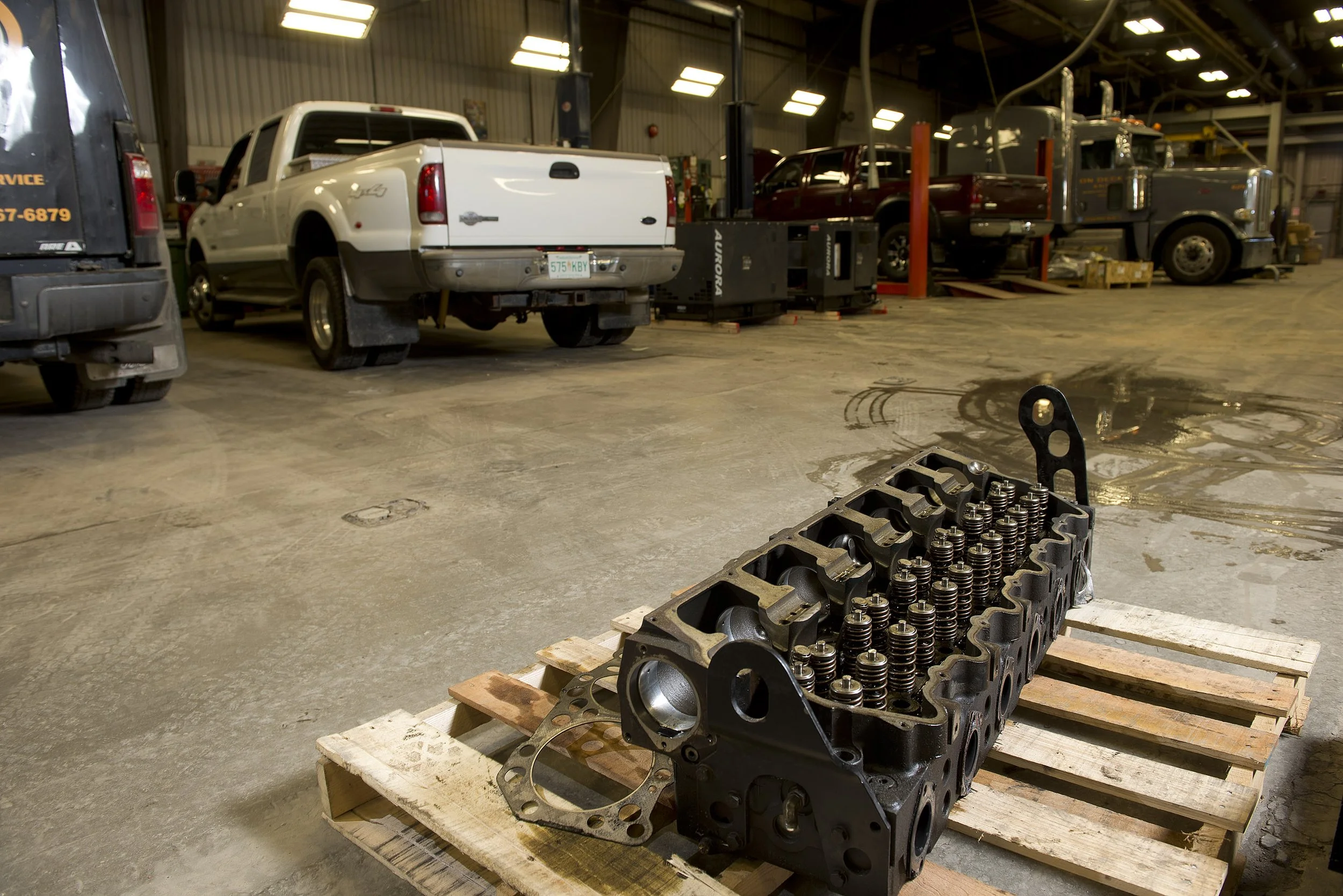The Truth About Diesel Engine Parts: What You Need to Know Before You Buy
Not All Engine Parts Are Created Equal
When you buy a diesel engine component—a crankshaft, piston, or camshaft—you might assume that it was manufactured by the engine brand itself. However, most engine companies today do not produce these components in-house. Instead, they rely on specialty manufacturing plants focusing solely on high-precision machining for these critical parts.
These specialty manufacturers supply both OEM (Original Equipment Manufacturer) parts and aftermarket components. While some aftermarket parts are of exceptional quality—sometimes even superior to OEM parts—others may cut corners in materials, machining tolerances, and quality control. The difference between a high-performance engine and one that fails prematurely often comes down to the quality of these components.
The Difference Between High-Quality and Low-Cost Aftermarket Parts
Many wholesalers package and brand aftermarket parts under their different brand names, making it difficult for customers to determine the original manufacturer. Some meet or exceed OEM specifications, while others are produced with inferior materials and lack the precision processes required for long-term durability.
Before purchasing aftermarket components, consider the following:
Who is the original manufacturer? Are they known for high-quality machining?
What are the material specifications? Does the part use the same grade of metal as OEM components?
What quality control measures are in place? Does the manufacturer test for durability and performance?
If you are unsure, contact DSG Power Systems for recommendations. We have over forty years of experience in diesel engine repairs and can guide you to the best solution. Our parts inventory is over $2M for
Why OEM Parts Offer Peace of Mind
Purchasing genuine OEM parts from authorized distributors ensures you get components designed and tested specifically for your engine. OEM parts:
Meet the manufacturer’s engineering specifications
Undergo rigorous quality control
Provide reliability and longevity, reducing the risk of premature failures
While OEM parts may be more expensive, they often save money in the long run by preventing unexpected breakdowns and costly repairs.
Building a Relationship With a Trusted Parts Supplier
For those who prefer to rebuild their own engines, having a trusted parts supplier with knowledgeable technicians is invaluable. Working with experts means:
Getting professional advice on installation and compatibility
Having access to premium-quality components
Receiving technical support if any issues arise
At DSG Power Systems, we supply parts and provide expert guidance to ensure your engine runs at peak performance.
The Importance of Dynamometer Testing
Whether installing an OEM or aftermarket part, one of the most intelligent decisions you can make is dynamometer (dyno) testing before reinstalling your engine. A dyno test:
Ensures that the engine is running optimally before installation
Identifies potential issues before they become costly repairs
Helps fine-tune the engine for maximum efficiency and power
Gives you a chance to repair minor problems, such as oil leaks, which can be much more difficult later
Our dyno testing facility at DSG Power Systems can verify engine performance before you put it back into service, saving you time, money, and frustration. DSG is a factory authorized dealer for Yanmar, FPT, Perkins, Isuzu, JCB and other brands
Final Thoughts
Choosing the right diesel engine parts can make or break your equipment’s performance and longevity. While there are many high-quality aftermarket options, there are also inferior products that could lead to premature failures. Continuously research, and purchase from reputable suppliers, and consult experts before making a decision.
Have questions about your diesel engine parts? Contact DSG Power Systems today for expert advice and high-quality components you can trust.



